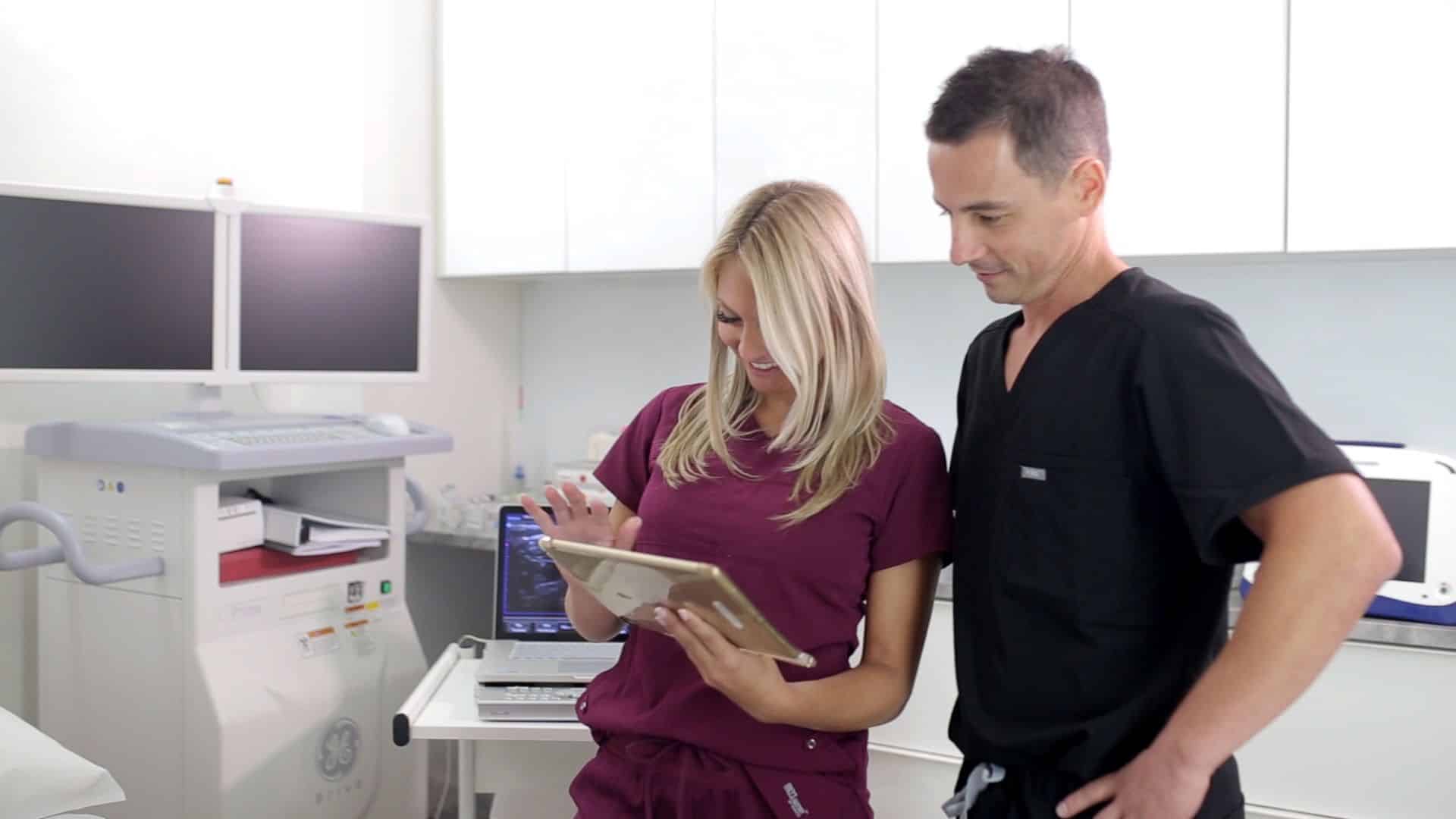Sciatica Doc in Hackensack Talks 5 Jobs That May Put You at Risk for Back Pain
November 24, 2021
Low back pain is caused in 9 out of 10 instances by inflammation of the sciatic nerve, which is also known as sciatica pain. Sciatica discomfort normally begins in the lower back but can progress to the hips and legs, with pain, numbness, or weakness in the buttock and lower limbs as well. This happens when bones, muscles, or tissue in the lower back compresses or pinches on the sciatic nerve. There are several situations that can cause this, including certain back conditions, injuries, or physical stress caused by everyday regular activities.
The nature of your symptoms, as well as the severity of your pain, will be influenced by the type of issue that is causing sciatic pressure. Sciatica can be caused by a variety of factors, including age, general health, and lifestyle choices. And, as you’ll see in the next section, our jobs appear to have a substantial influence on our lower backs. How and why do our job choices enhance our chances of experiencing sciatica pain? This is a question that Dr. George Hanna, a well-known sciatica doc in Hackensack will answer throughout this article.
As he points out, our jobs take up a substantial portion of our time, so it’s not surprising that they may be to fault for some health problems. Some jobs that require repetitive motions, sitting for long periods of time, or lifting heavy objects can put a lot of strain on your back, causing sciatica discomfort.
So, without further ado, here is our doctor’s take on the jobs that are most likely to cause sciatica, as well as what you can do for better pain management.
Driver
As Dr. George Hanna, our sciatica doctor points out, driving occupations are highly strenuous on the back. Sitting for long periods of time compresses the spine, which can lead to herniated discs and sciatic discomfort. With the increase in the number of delivery and ridesharing drivers, an increasing number of people are placing exposing themselves to the risk for low back discomfort.

Fortunately, there are a few things you can do to improve lumbar support and reduce your risk of developing back issues. Maintain a 100-degree angle in your seat with your knees and elbows slightly bent, and use a lumbar cushion for extra support. Anti-inflammatory drugs might provide temporary relief if discomfort prevails. If you wish to prevent the necessity for surgical treatments in the future, you should see a pain specialist as soon as possible and discuss the best-suited minimally invasive treatment options. Epidural steroid injections are often a great solution to keep sciatica pain at bay.
Office worker
Although an office job may not seem physically demanding, it requires long hours of sitting every day, similar to driving. “Sitting increases strain on the spine, leading to all sorts of medical issues that might induce sciatic pain,” our doctor says. Working at a desk can lead to changes in posture, which can further lead to other back issues, including neck pain, joint pain, and scoliosis. If you’re used to crossing your legs when sitting, you might want to reconsider — it puts a lot of strain on your hips and lower back, and it can also cause leg discomfort.
If you have to spend most of your day at a desk, make sure you adjust your posture frequently. Your shoulders should be pushed back while relaxed, and your spine should be appropriately supported by an ergonomic chair so that you can keep a good posture. To stretch your back, stand up and move about every now and again.
Factory worker
Working in a factory necessitates a lot of physical labour, which puts a lot of strain on the spine over time. Employees spend a large portion of their time at work performing repetitive activities, which increases the natural wear and tear process that occurs with age, increasing the risk of herniated discs, arthritis, and degenerative disc disease. These repeated activities can also result in muscular exhaustion, causing the back muscles to quit supporting the spine.
Those who work in factories should take regular breaks and stretch every few hours at the very least, to prevent back stiffing and muscle tension from over-exhaustion. When lifting heavy things, keep your back straight and complete the activity from a squatting stance, supporting the weight with your legs rather than your back.
Construction worker
The majority of a construction worker’s shift is spent lifting, pushing, and hauling large objects, climbing ladders, and executing a number of other physically demanding tasks. These might irritate your sciatic nerve by putting too much pressure on it.
People who work on construction sites frequently injure their backs by carrying heavy objects. Lifting things weighing more than 50 pounds without assistance is not recommended. To avoid straining your spine, use a forklift or enlist the help of a friend. Wear gloves to increase your grip, back-supporting shoes and comfortable attire that allows you to move about freely.
Hospital staff
Doctors, nurses, and technicians at hospitals spend the majority of their time on their feet, running from room to room, or doing a range of physical work. They’re frequently required to perform specific procedures and move patients or equipment, which adds to the amount of physical effort they have to do.
Dentists are also at risk of back discomfort because the majority of procedures they perform require them to bend and arch over. These actions place a great deal of strain on the shoulders and spine, causing pain.
If you have sciatica and work in a healthcare facility, taking brief breaks to stretch and relax your back may be beneficial. We understand that you won’t be able to do that all of the time, but there are a few things you can do that don’t require a lot of time or space, such as shoulder rolls and hamstring stretches.
Are you concerned that your employment puts you at risk for back problems? Contact a sciatica doc in Hackensack as soon as possible!
The medical staff at our clinic has received specialized training from prestigious universities such as Harvard Medical School and they can help patients find the best treatment plans for their conditions. Make an appointment at one of our New Jersey clinics, in Paramus on Route 17, near the Paramus Park Mall, in Clifton, NJ, on Route 46 E, past the Ford dealership, in West Orange, near the Essex Country Club, and in Woodland Park clinic, on McBride Avenue, right next to Woodland Park Dialysis Center and let us help you live a pain-free life!
Book a Consultation
Scheduling a consultation with one of our pain treatment specialists is one of the best ways to determine the proper solution for pain relief.
Meet Our Team of Back Pain Specialists
All of our Pain Doctors in New Jersey are Harvard Trained and Board Certified in Pain Management

Back Pain Doctor Clifton & West Orange NJ
Dr. George Hanna
Dr. Hanna is a Harvard Trained back specialist in New Jersey and New York. He serves as Medical Director of Pain Management.

Back Pain Doctor Clifton & West Orange NJ
Dr. Laura Lombardi
Dr. Lombardi is a Harvard Trained back pain treatment doctor, currently seeing patients in Clifton and West Orange, New Jersey.

Back Pain Doctor Clifton & West Orange NJ
Dr. Shane Volney
Dr. Volney is a Harvard Trained back treatment doctor seeing patients in the NJ areas of Clifton & West Orange, and in NYC.

Back Pain Doctor Clifton & West Orange NJ
Dr. Michael Nguyen
Dr. Nguyen is Harvard Trained and Board Certified in Pain Management. His pain center accepts major medical insurances and Medicare.

Dr. George Hanna

Dr. Laura Lombardi
Dr. Lombardi is a Harvard Trained back pain treatment doctor, currently seeing patients in Clifton and West Orange, and Paramus New Jersey.

Dr. Shane Volney
Dr. Volney is a Harvard Trained back treatment doctor seeing patients in the NJ areas of Clifton & West Orange, and in NYC.

Dr. Michael Nguyen
Dr. Nguyen is Harvard Trained and Board Certified in Pain Management. His pain center accepts major medical insurances and Medicare.

